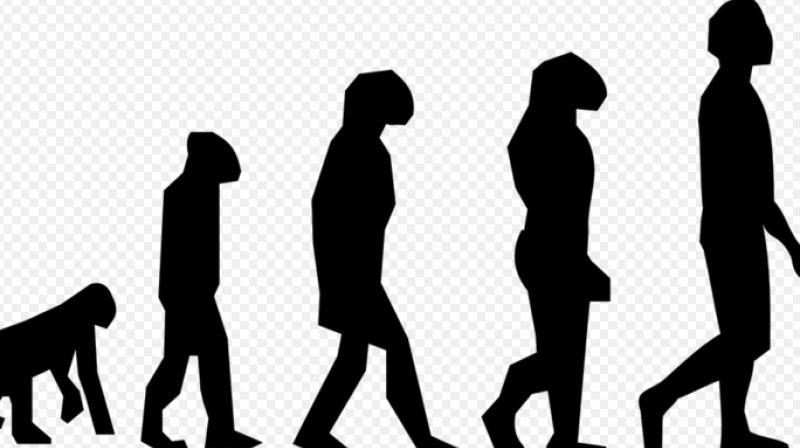Happy 350,000th birthday: Study pushes back Homo sapiens origins

Genetic data from the skeletal remains of seven people who lived centuries ago in South Africa’s KwaZulu-Natal Province is offering intriguing new evidence that our species, Homo sapiens, is older than previously believed.
Scientists said on Thursday they sequenced the genomes of the seven individuals including a boy who lived as a hunter-gatherer at Ballito Bay roughly 2,000 years ago. In doing so, they were able to estimate that the evolutionary split between Homo sapiens and ancestral human groups occurred 260,000 to 350,000 years ago.
Until recently, the prevailing belief was that Homo sapiens arose a bit before 200,000 years ago. The new study and fossil discoveries from Morocco announced in June indicate a much older origin.
Homo sapiens emerged on the African landscape following millions of years of human evolution, including a split 600,000 to 700,000 years ago from the lineage that led to the now-extinct Neanderthals. The period from that split until the advent of our species was a critical one.
“In this time period, some genetic changes may have happened that make us humans who we are today, and distinct from, for example, Neanderthals,” said population geneticist Mattias Jakobsson of Uppsala University in Sweden, co-leader of the research published in the journal Science.
“The reconstruction of deep human history in Africa is becoming increasingly robust when the dating of fossils, such as those from Morocco, the Stone Age archaeological record and human DNA come together to highlight interesting periods in our evolutionary past,” added study co-leader Marlize Lombard, a University of Johannesburg professor of Stone Age archaeology.
The Morocco findings reported in June by other researchers involved fossil skulls, limb bones and teeth roughly 300,000 years old that they concluded were from Homo sapiens.
“The age of those fossils at 300,000 years also falls within our new estimate for the emergence of Homo sapiens. They show a combination of modern and archaic features, which could indicate a transitional phase in our evolution,” Lombard said of the Moroccan remains.
Scientists also have concluded that a 260,000-year-old partial cranium from Florisbad, South Africa, also represented Homo sapiens.
There is broad agreement among scientists that Homo sapiens originated in Africa. But the recent discoveries have suggested our species arose not in one locale like east Africa but in multiple places, a more complex so-called pan-African origin that the new genetic research seems to support.

